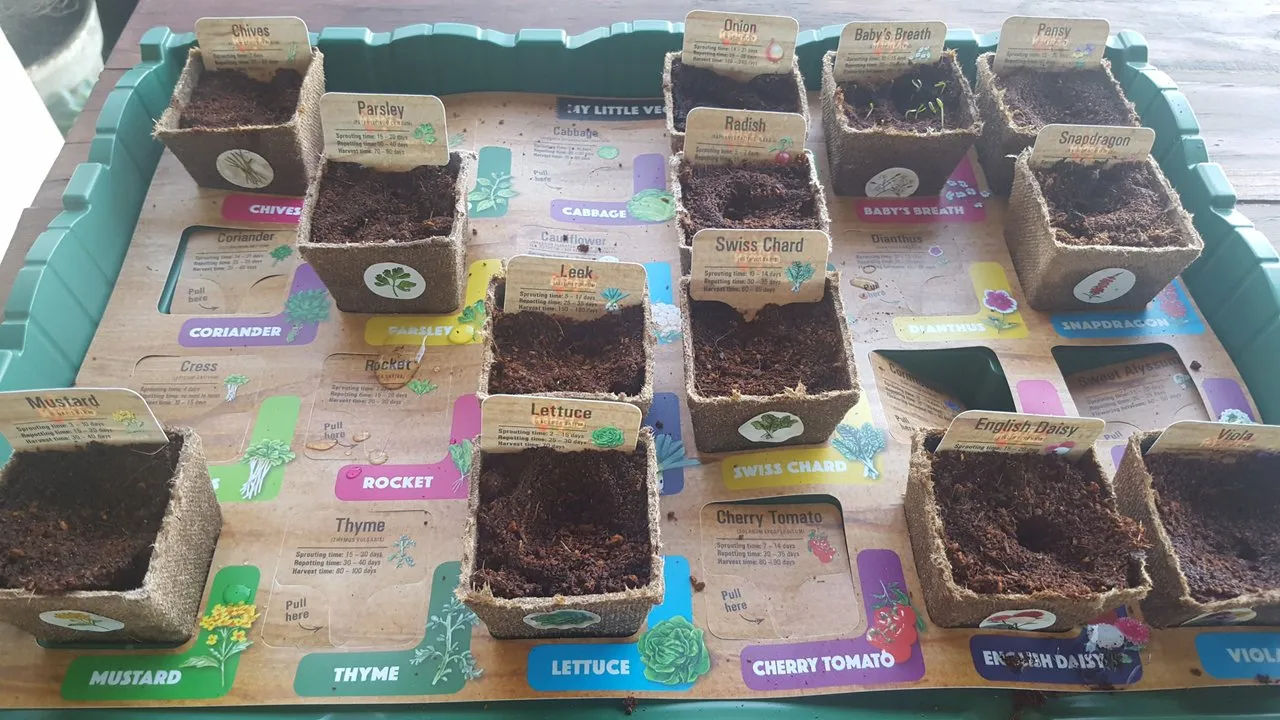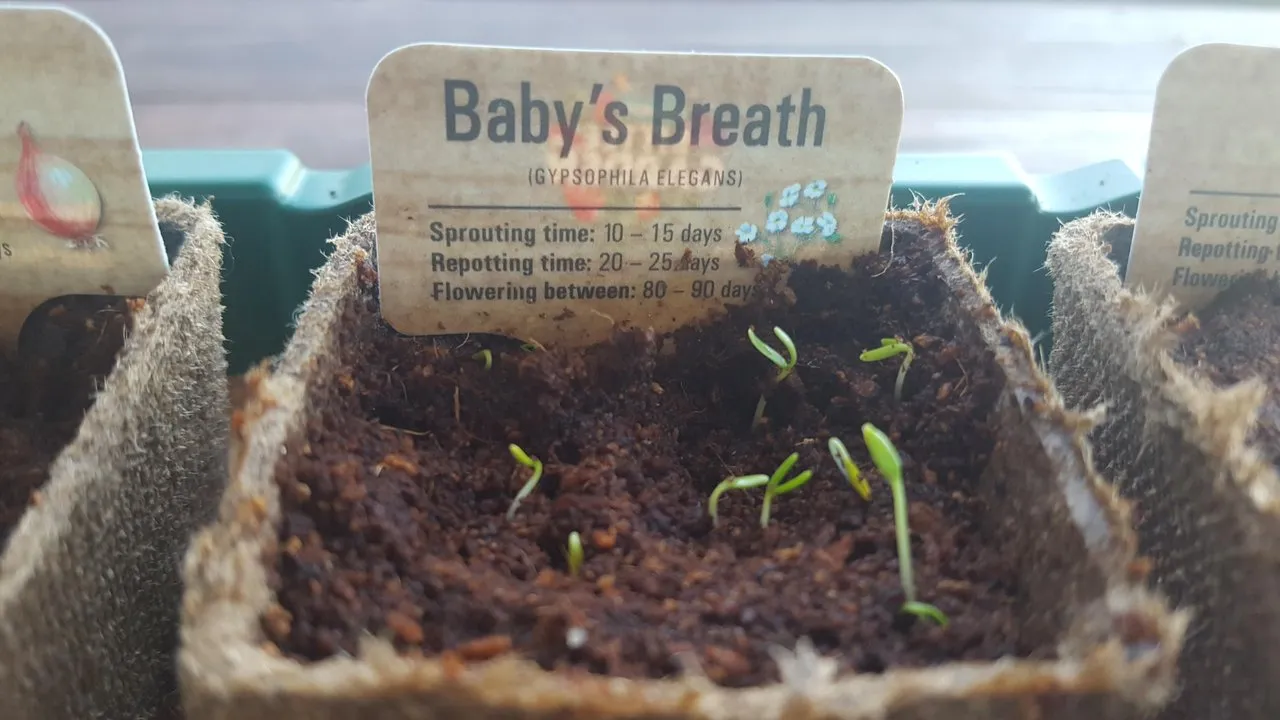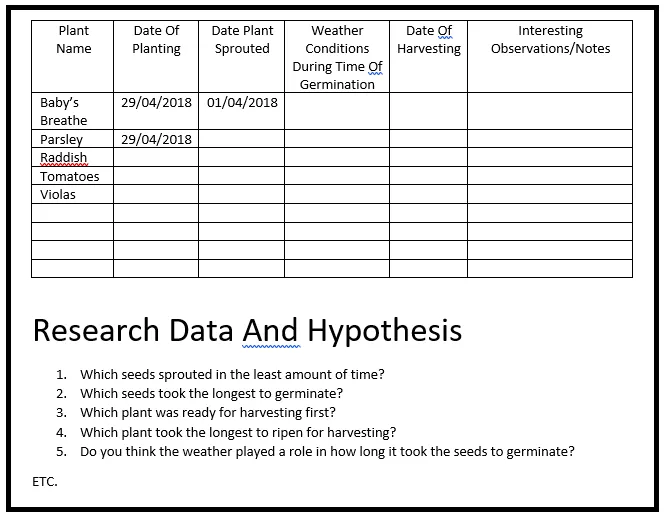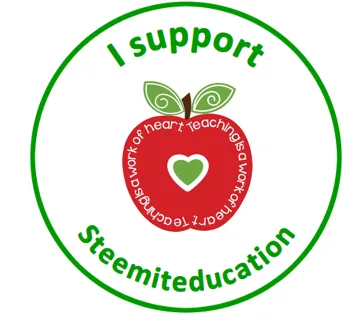While I don’t tend to fall for marketing gimmicks, in fact, I usually despise them, this time, THEY GOT ME! If you are a fellow South African, you’ll know what I am talking about by the images below, if you are not in the loop however, I’ll explain briefly. One of our local grocery outlets is currently running a promotion where if you spend a certain amount in store, you get X amount of prepacked seedling growing kits. The idea is to collect the various plant species and, well, grow them! Each package includes a biodegradable planting pot, a small peat brick, seeds and a paper spike with the plant’s name on it. Of course, this store is taking full advantage of their “promotion” and you can purchase additions to compliment your little garden, like trays, spades and forks, watering cans and so forth.


While the little seed boxes are aimed at encouraging children to grow their own food and plants, adults are going just as crazy over the marketing initiative and all of a sudden, everyone is an avid gardener! But like I said, this time, they got me too. I have fallen utterly in love with the concept of growing little green fingers. But while gardening with kids is fun and super productive, it can also be an awesome learning opportunity.
If you are a teacher, why not grow your own little garden in tiny pots with your students. If you live in South Africa, you can collect the little seed boxes, but you can just as well purchase your own seeds, soil and planters. Now, with this activity, the learning opportunities are endless! You can learn about germination, different plant species, photosynthesis and and and! But this is what I propose:
Teach Your Students How To Collect Data And Do Research Using Seeds, Soil, Water, Sun And LOVE!
Why not get your students (or even your own kids if you are a parent) to plant their seeds, and then collect data; like when they sprout, how long they take to sprout, which seeds took the less amount of time to sprout and so on. I have included a table below as an example, which you are more than welcome to copy!

Now that you have taught your kids to collect data, you could ask them to come up with some of their own hypotheses using their very own information. You can adapt this project to be more or less challenging, depending on the age group you teach. Because the seeds and plant take quite a long time to reach maturity, this will need to be a long-term class project, perhaps something that the kids can focus on when they have completed other work, or you can all work together on collecting your data during the last few minutes of a school day.
I always feel that by including whatever the hype is at the time into lessons, you are more likely to have the full attention and participation of your learners. So, be like me, take full advantage of the marketing ploy and use it as a constructive learning resource – this way you’ll be the winner, and the grocery outlet the sucker 😉
Much love - @sweetpea

